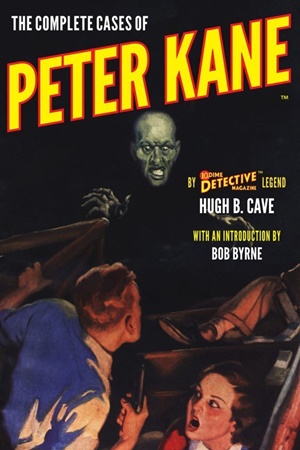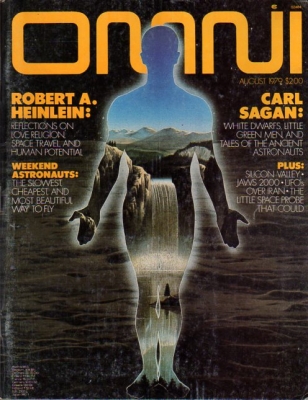Fantasia 2019, Day 10, Part 4: 8
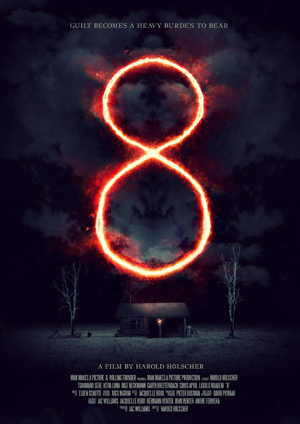 My last movie of July 20 was a horror film from South Africa. Written and directed by Harold Holscher, 8 has elements of the classical ghost story embedded in a larger tale of folklore and tragedy. It’s a period tale, set in 1977, and is set in a farm named Hemel op Aarde: Heaven on Earth.
My last movie of July 20 was a horror film from South Africa. Written and directed by Harold Holscher, 8 has elements of the classical ghost story embedded in a larger tale of folklore and tragedy. It’s a period tale, set in 1977, and is set in a farm named Hemel op Aarde: Heaven on Earth.
Not long after the start of the film the run-down farm’s inherited by a man named William (Garth Breytenbach), a failed businessman who wants to start over there along with his wife Sarah (Inge Beckmann) and niece Mary (Keita Luna). Mary, who came to live with William and Sarah after the death of her parents, is happy to come to the farm; she’s an inquisitive girl deeply interested in all manner of subjects, including African myth and insects. Sarah doesn’t care for these things, or for having to live far from the big city. William’s difficulty in getting the electricity running at the farm doesn’t help. Luckily, the White family is given a hand by an older Black man named Lazarus (Tshamano Sebe). William’s soon relying on Lazarus for all sorts of things, despite Sarah’s distrust. And despite the distrust of a nearby village of Black people, who know and despise Lazarus, and who have no use for William, either. Is Lazarus hiding a dark secret?
In fact, we know from the opening shots of the movie that he is. And as 8 goes on that mystery is unveiled; unveiled almost too completely for the film to stay a horror story, in fact. There’s an honesty and directness to the film that’s unusual in horror. There are few jump scares, and few horrific twists. Instead there’s an ultimately character-based story that comes close to being a kind of tragedy. You know why people act the way they do, and what Lazarus wants. You understand the price he has to pay for his actions. And you have sympathy for everyone involved.
It’s oddly colourful for a horror movie, too, rich and shadowed, but not afraid of the bright light of the sun. I found approaching it as a horror film left me wrong-footed; the farmhouse, which seems like a spooky haunted house in the early scenes of the movie, becomes less important narratively and thematically as the story goes on. If the usual haunted house seems to have something to say about (for example) class or power or history or the personality that dwells within it, Heaven on Earth comes to have less and less meaning, as the focus of the story increasingly moves away from the main building. What might have been an icon of colonial power is instead just a place where things happen.
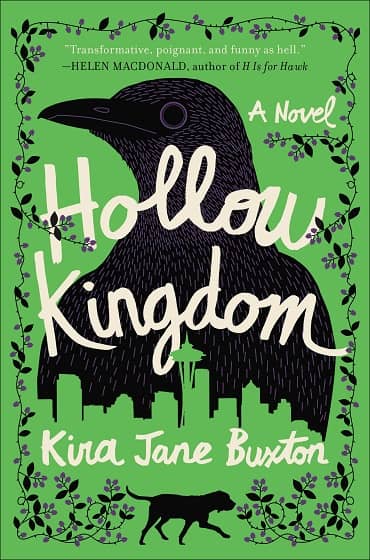
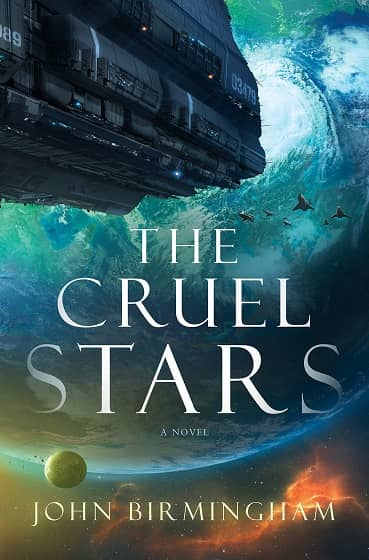
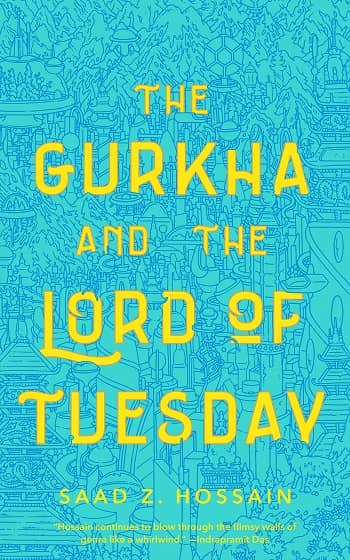
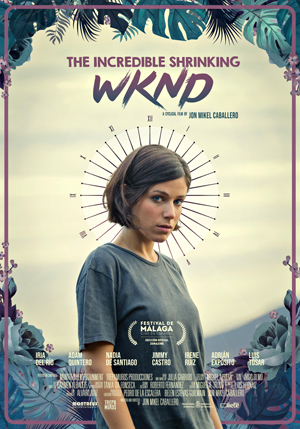 The evening of July 20 saw me stay at the De Sève Theatre after the Born of Woman showcase for a feature film written and directed by Jon Mikel Caballero: The Incredible Shrinking Wknd. It’s a time-loop story, a subgenre that strikes me as having increased in popularity significantly over the past few years. We’re at the point, then, that a time-loop story has to do something different to stand out. So what does Wknd do?
The evening of July 20 saw me stay at the De Sève Theatre after the Born of Woman showcase for a feature film written and directed by Jon Mikel Caballero: The Incredible Shrinking Wknd. It’s a time-loop story, a subgenre that strikes me as having increased in popularity significantly over the past few years. We’re at the point, then, that a time-loop story has to do something different to stand out. So what does Wknd do?![1962-01-31 [Pittsfield MA] Berkshire Eagle 1 pedipulator headline](https://www.blackgate.com/wp-content/uploads/2019/08/1962-01-31-Pittsfield-MA-Berkshire-Eagle-1-pedipulator-headline.jpg)
![1962-07-24 Allentown [PA] Morning Call 21 pedipulator illus cropped - Copy](https://www.blackgate.com/wp-content/uploads/2019/08/1962-07-24-Allentown-PA-Morning-Call-21-pedipulator-illus-cropped-Copy.jpg)
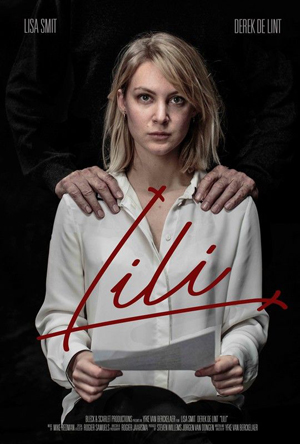 On the afternoon of Saturday, July 20, I passed by the De Sève Theatre for the Born of Woman 2019 series of short genre films directed by women. It was the fourth iteration of the showcase, and in four years it’s become a hot ticket; I nearly didn’t get in. But there was just space enough in the end, and so I was able to see the collection of 9 films representing half-a-dozen countries.
On the afternoon of Saturday, July 20, I passed by the De Sève Theatre for the Born of Woman 2019 series of short genre films directed by women. It was the fourth iteration of the showcase, and in four years it’s become a hot ticket; I nearly didn’t get in. But there was just space enough in the end, and so I was able to see the collection of 9 films representing half-a-dozen countries.
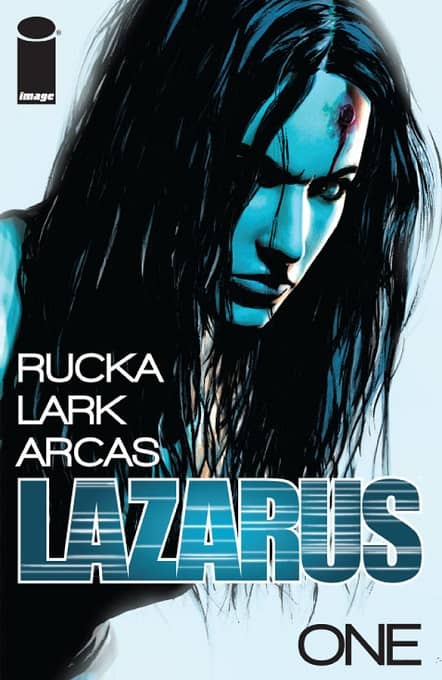
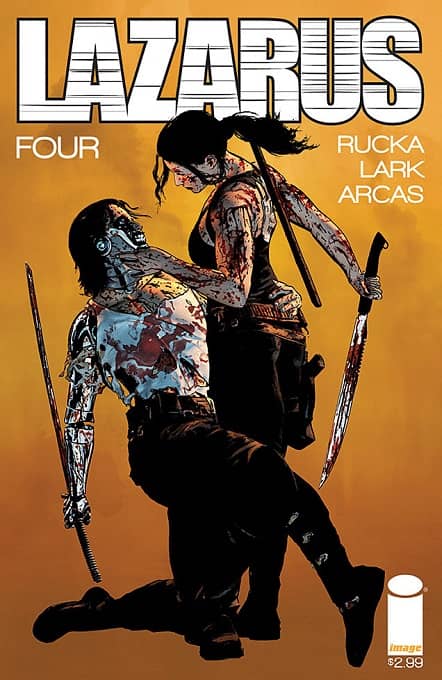
 On Saturday, July 20, I was down at the Hall Theatre bright and early — relatively speaking — for an 11 AM showing of Ride Your Wave (Kimi to, nami ni noretara, きみと、波にのれたら), an animated feature from director Masaaki Yuasa. I’d seen two of Yuasa’s previous works,
On Saturday, July 20, I was down at the Hall Theatre bright and early — relatively speaking — for an 11 AM showing of Ride Your Wave (Kimi to, nami ni noretara, きみと、波にのれたら), an animated feature from director Masaaki Yuasa. I’d seen two of Yuasa’s previous works, 